A separate section is needed on the duties and powers of People's Committees at all levels.
Commenting on the draft Law on Civil Judgment Enforcement (amended), delegates basically agreed with the need for amendment because the current Law on Civil Judgment Enforcement has many shortcomings and does not meet requirements; especially with the two-level local government model.
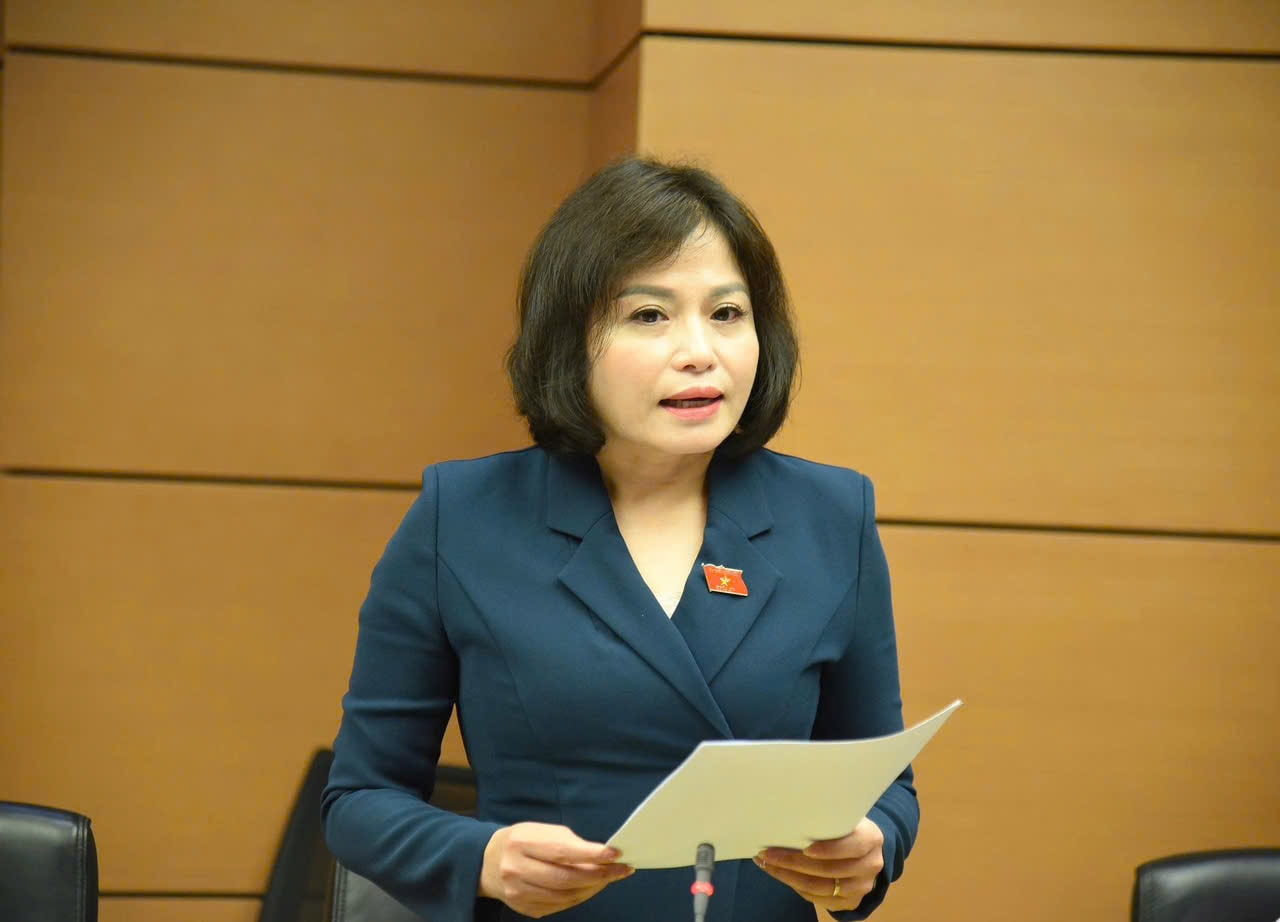
According to National Assembly Deputy Thai Quynh Mai Dung (Phu Tho), in reality, the effectiveness of civil judgment enforcement not only depends on the enforcement agency and enforcement officers but is also greatly affected by the compliance of the litigants and the coordination responsibilities of relevant agencies, organizations and individuals. Therefore, in addition to regulations on the rights and obligations of litigants, it is necessary to specifically stipulate the responsibilities of agencies, organizations and individuals in implementing judgments, decisions and requests of civil judgment enforcement agencies. If the regulations are only general, it will be difficult to implement in practice, especially with units that play an important role in the enforcement process.
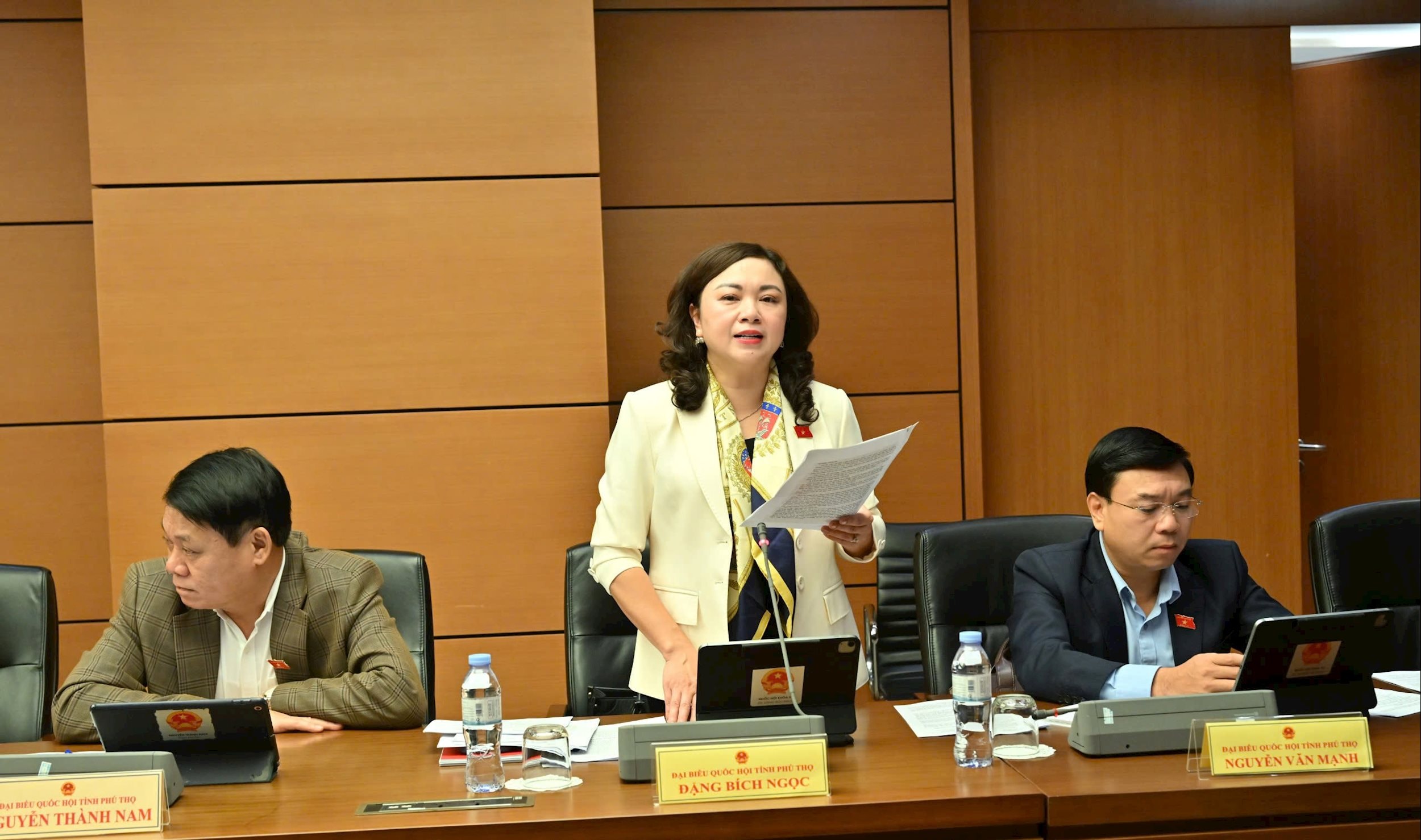
Sharing the same view, National Assembly Deputy Dang Bich Ngoc (Phu Tho) proposed to separate a section on the duties and powers of People's Committees at all levels in civil judgment enforcement. Because in addition to the state management function of the Ministry of Justice , People's Committees at provincial and communal levels play a very important role in the effectiveness of judgment enforcement in localities. Accordingly, it is necessary to continue to inherit a number of duties and powers of People's Committees at all levels stipulated in Articles 173 and 175 of the current Law on Civil Judgment Enforcement and include them in the draft Law; the specific contents will be assigned to the Government to stipulate.
In particular, the provincial People's Committee performs state management of civil judgment enforcement agencies in the area; directs inter-sectoral coordination; promptly handles difficulties and obstacles in the process of judgment enforcement. The commune People's Committee closely coordinates with the Enforcement Officer in notifying, verifying judgment enforcement conditions, applying security measures, enforcement and performing other tasks as required; proactively handles recommendations and obstacles arising at the grassroots level; participates in enforcement and the Council for destruction of evidence when requested. Clearly defining the responsibilities of the People's Committees at all levels will create unity in coordination, improving the effectiveness of organizing civil judgment enforcement in the area.
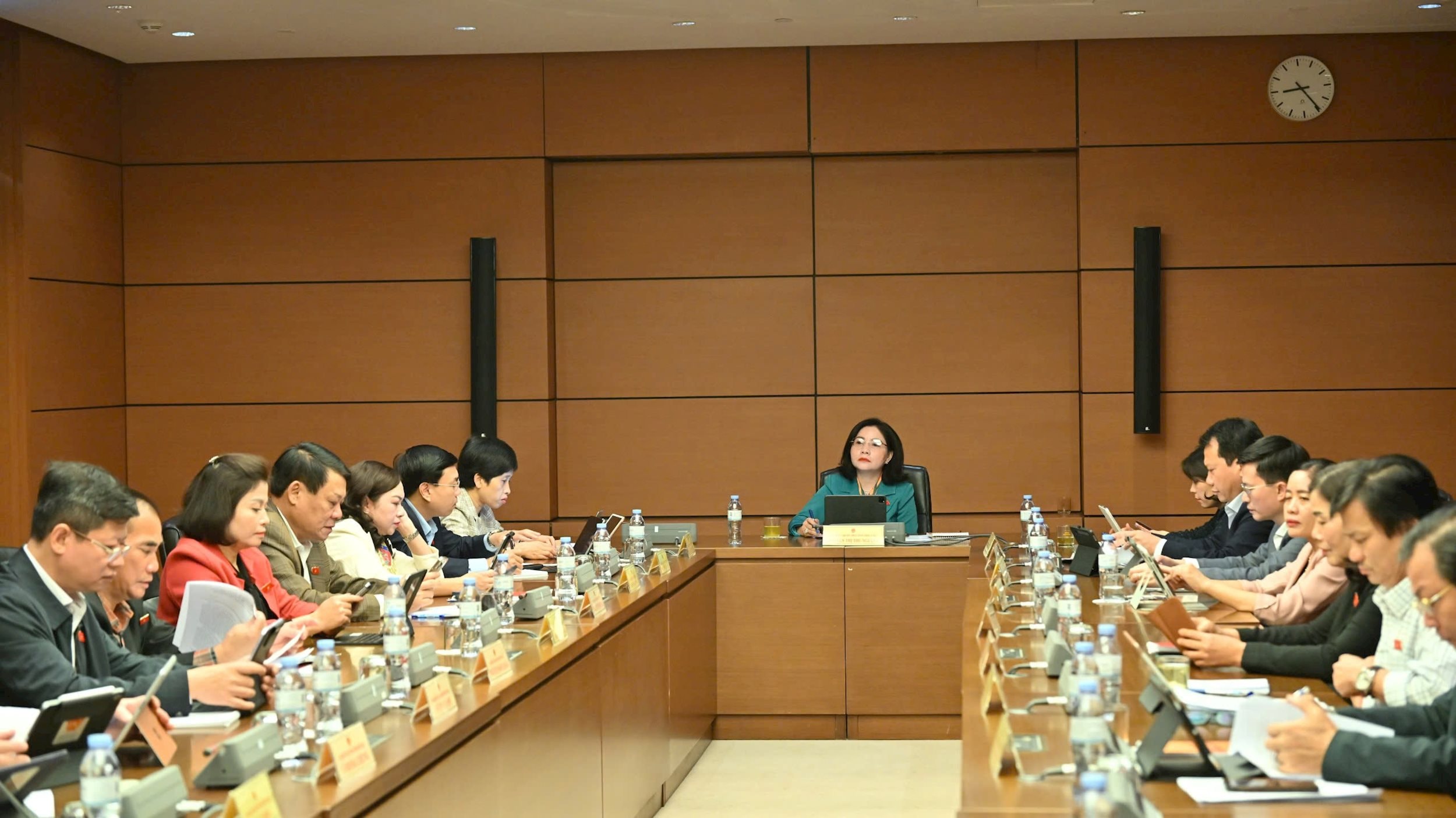
The delegate also emphasized that if the tasks of the People's Committees at all levels are clearly defined, it will create an important basis for organizing the effective enforcement of judgments, especially in difficult and complicated cases that require the participation of the entire political system. On the contrary, if only the civil judgment enforcement agency is assigned while at the grassroots level there is only a representative office of the provincial level, it will be very difficult to organize enforcement and enforcement. Therefore, the delegate suggested that the draft Law needs to assess the impact and fully and strictly regulate the responsibilities of the People's Committees at all levels, ensuring that the judgment enforcement agency has sufficient legal basis to effectively perform its tasks.
Reviewing the organizational model of local civil enforcement agencies
Regarding the role of the Head of the Regional Civil Judgment Enforcement Office, according to National Assembly Delegate Mai Thi Quynh Dung (Phu Tho), after the reorganization of the civil judgment enforcement agency, there will be only one level (provincial level) with 355 regional civil judgment enforcement offices corresponding to the Court and 355 People's Procuracies at the same level, but these offices do not have their own seals or accounts and are only specialized offices under the provincial level.
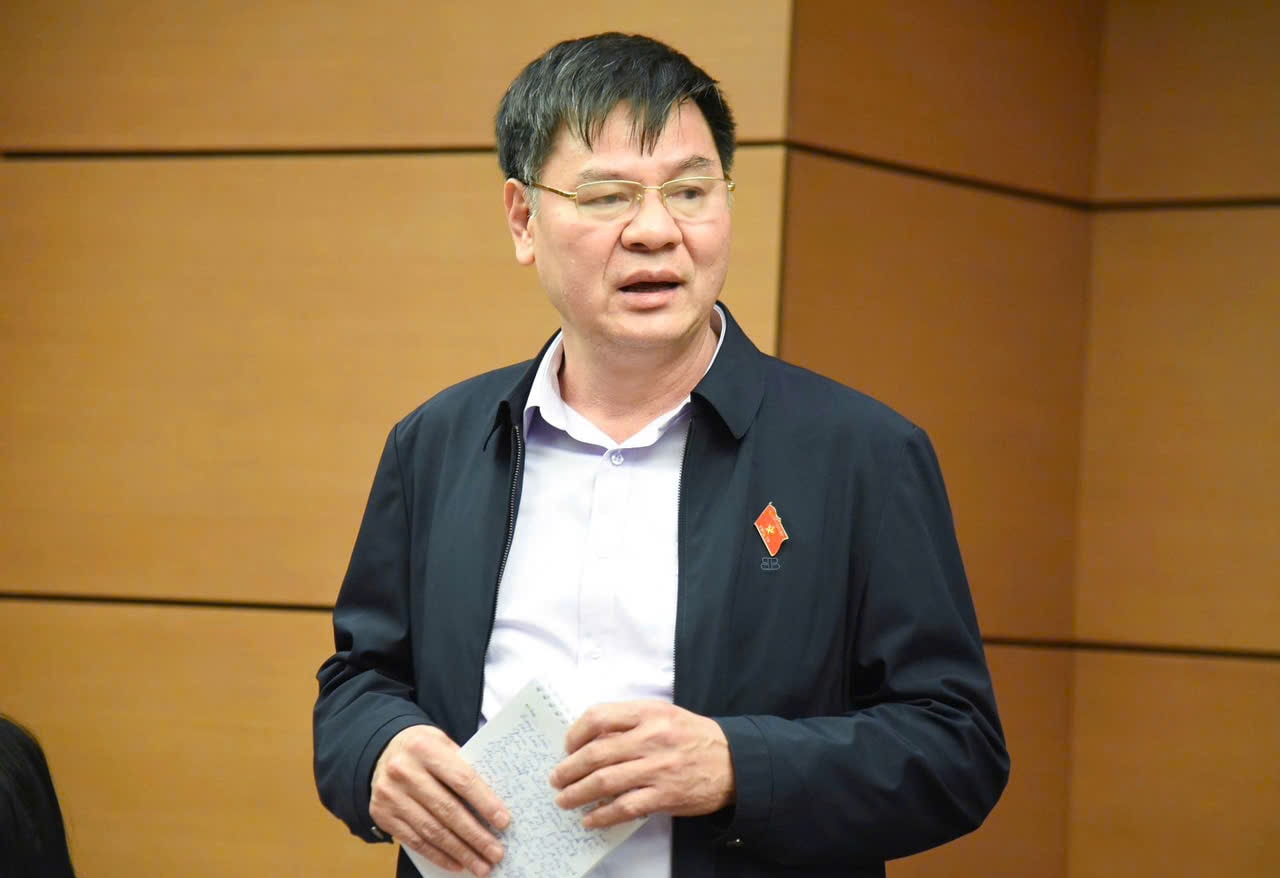
Therefore, the delegate believes that the Head of the Department is only an administrative position, has no judicial authority and is not allowed to issue decisions on enforcement of judgments. Meanwhile, an administrative position directing the Enforcement Officer (judicial position) in the enforcement of judgments will have potential legal consequences. At the same time, all decisions on enforcement of judgments must be concentrated at the provincial level, causing overload of the leadership of the provincial/municipal civil enforcement agency, reducing management efficiency.
Although the draft Law stipulates that the Head of the Office can be authorized to perform the duties of the Head of the enforcement agency, delegates affirmed that this is not a fundamental solution. Because, in reality, most important procedures are handled locally, if the Head of the Office only plays an administrative role, it will not ensure the effectiveness of civil enforcement.
From there, the delegates proposed to add the position of Chief Enforcement Officer at the Regional Civil Judgment Enforcement Office, and at the same time stipulate that the Head of the Regional Civil Judgment Enforcement Office must be the Chief Enforcement Officer. Then, this position will have the right to issue decisions on enforcement, inspect, urge, and direct Enforcement Officers at the office; contributing to improving the effectiveness and efficiency, facilitating the direction of enforcement, and coordinating with the Court, the Regional Procuracy, and relevant agencies in the area.
National Assembly Deputy Le Tat Hieu (Phu Tho) also proposed to review the organizational model of civil judgment enforcement agencies at the local level. Currently, after implementing the two-level local government, each locality only has a provincial-level judgment enforcement agency, while the regional level is only a professional department, without legal status. When merging localities, the workload will increase sharply, but without a regional judgment enforcement agency, it will cause many difficulties and inadequacies in performing tasks.
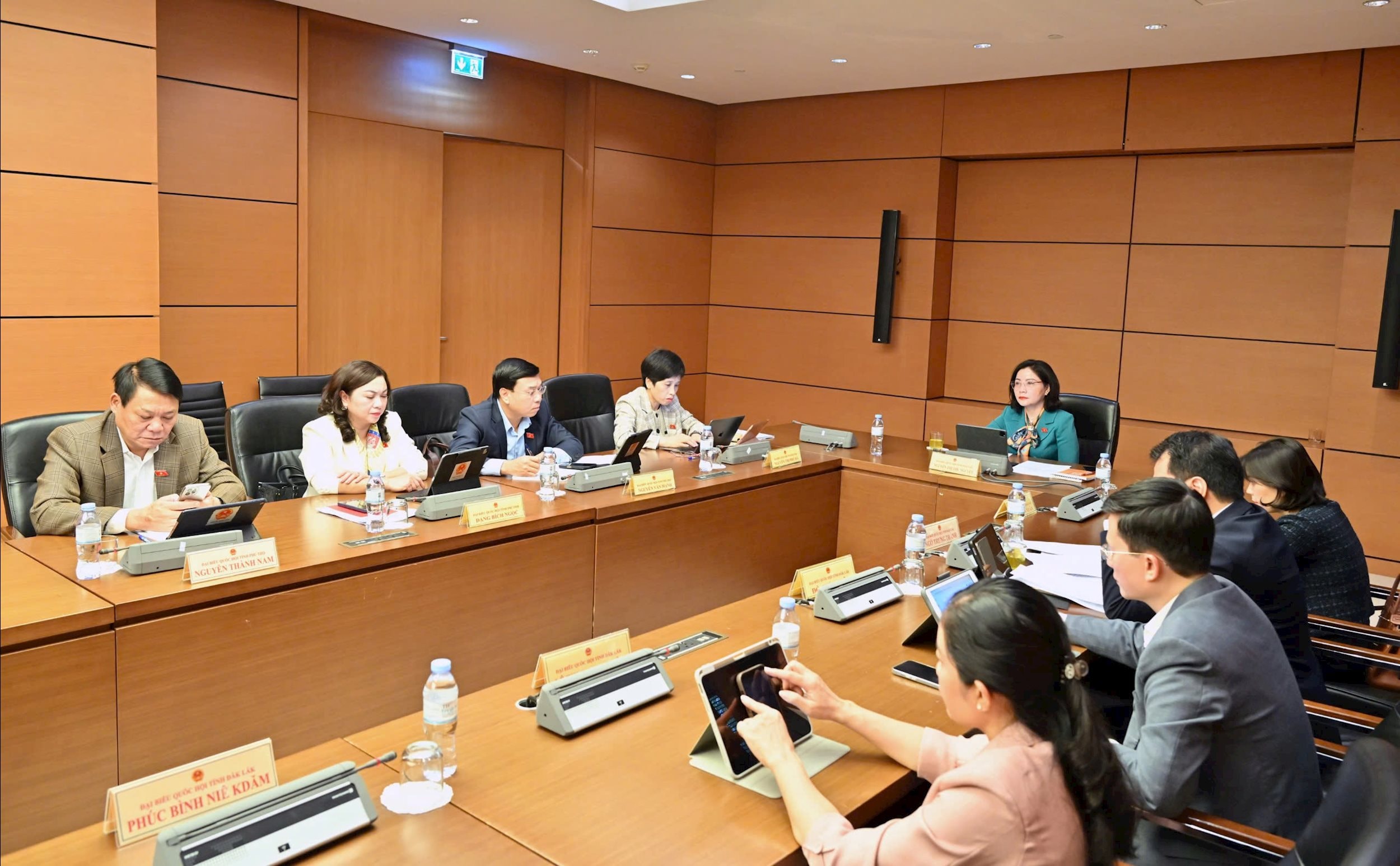
The delegate said that in the region where the People's Procuracy and People's Court are maintained, the enforcement agency should also be organized similarly to ensure uniformity of the apparatus and convenience in supervising enforcement activities. If everything has to be transferred to the province, it will cause congestion and reduce the efficiency of handling. Therefore, it is necessary to maintain the regional enforcement agency equivalent to the previous model of the Enforcement Sub-Department, ensuring full functions, tasks and operating conditions.
Source: https://daibieunhandan.vn/quy-dinh-chat-che-trach-nhiem-trong-thi-hanh-an-10394464.html







![[Photo] Opening of the 14th Conference of the 13th Party Central Committee](https://vphoto.vietnam.vn/thumb/1200x675/vietnam/resource/IMAGE/2025/11/05/1762310995216_a5-bnd-5742-5255-jpg.webp)


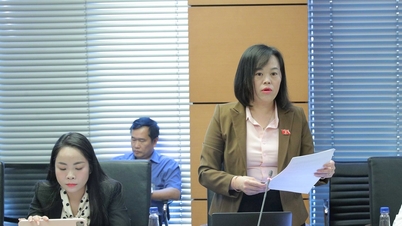
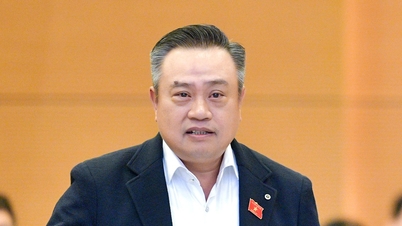



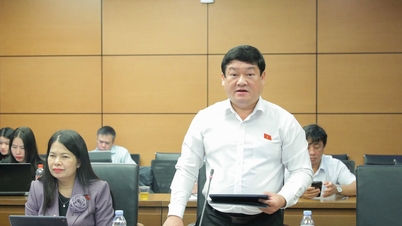
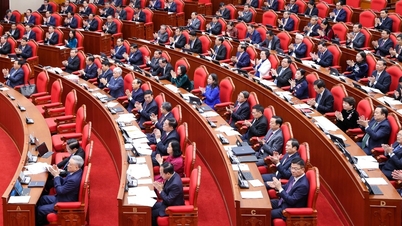





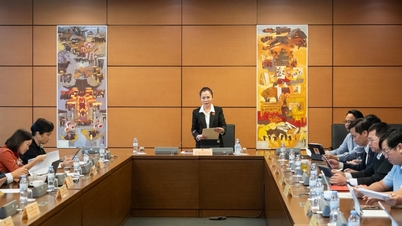

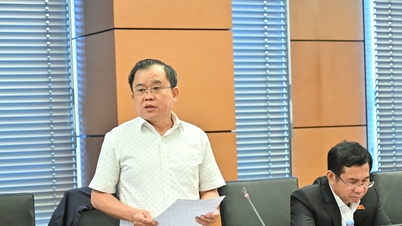

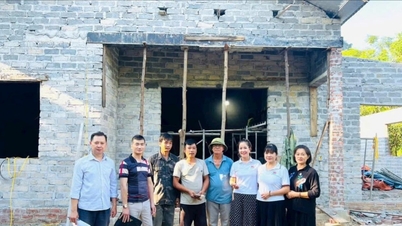
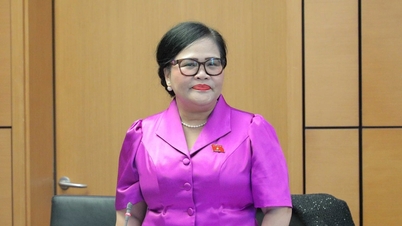

![[Photo] Panorama of the Patriotic Emulation Congress of Nhan Dan Newspaper for the period 2025-2030](https://vphoto.vietnam.vn/thumb/1200x675/vietnam/resource/IMAGE/2025/11/04/1762252775462_ndo_br_dhthiduayeuncbaond-6125-jpg.webp)



































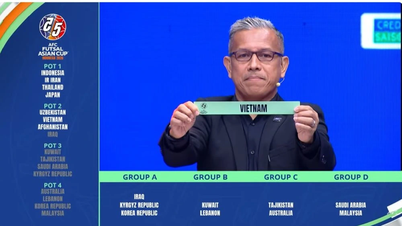







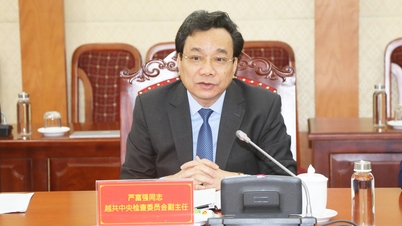

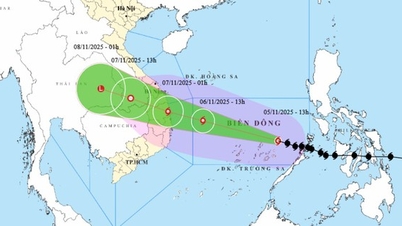




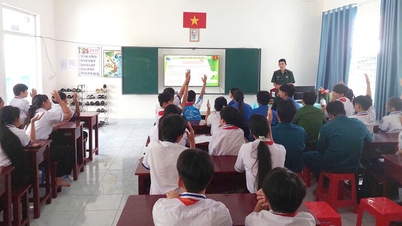



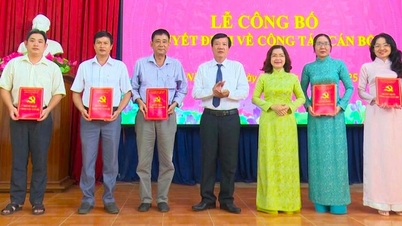


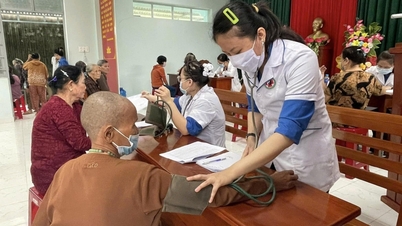

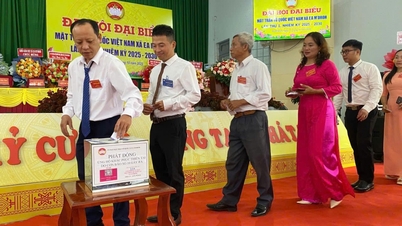















Comment (0)